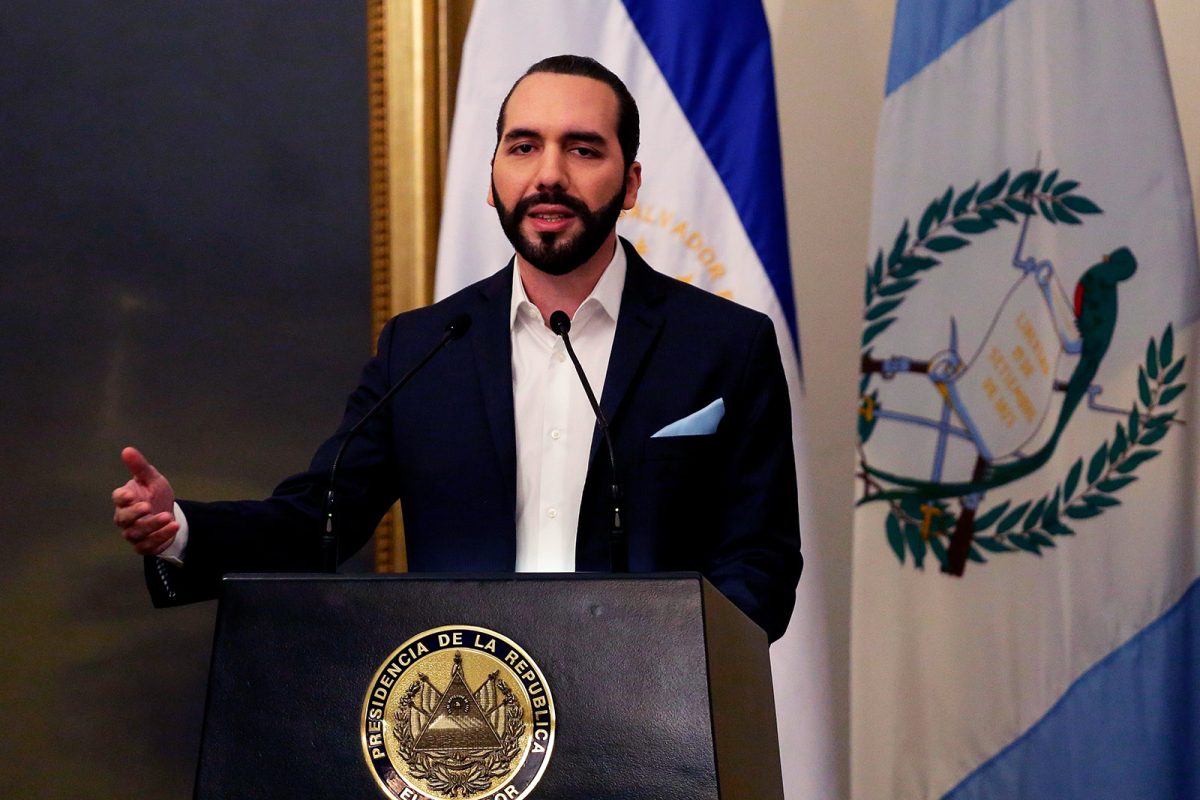US legislators are targeting El Salvador with crypto sanctions plan

Three democratic senators – Chris van Hollen, Tim Kaine and Alex Padilla – presented a draft law with which El Salvador's President Nayib Bukele and his allies are to be punished.
President Donald Trump calls for rapid sanctions for alleged civil rights violations and questionable Bitcoin business of the Salvadorian government.
The legislation underlines concern about the continued “state of emergency” in Bukele, which, according to critics, disgusts fundamental freedom. Legislators also point to El Salvador's Bitcoin activities and warn that digital assets could fuel and help corruption to avoid global sanctions.
Die Sanctions would mean freezing assets, the restriction of Visa and the hiring of US financial aid. The senators argue that American tax money should not support institutions that are accused of violating international standards.
The draft law demands full transparency in cryptocurrencies from El Salvador
The President must publish a list of the persons concerned within 90 days after the draft law has passed. In the meantime, the Foreign Minister must publish detailed breakdown of the use of digital assets in El Salvador.
This report must disclose the scope of public Bitcoin investments and call the platforms used for transactions. He should also identify wallet addresses, show who controls the funds and examine loopholes in the country's crypto laws. Legislators want to find out whether these gaps enable the bypass of sanctions or the abuse of public funds.
Bukele defends itself against US allegations
President Bukele struck back immediately after the announcement. On June 8th he mocked on X over the proposal and assumed that the senators were driven by resentment.
Despite the pressure from Washington, Bukele holds Bitcoin as a national strategy. Despite, the growing gap between El Salvador's Pro-Crypto posture and the regulatory concerns of the United States underlines.
This latest draft law increases the efforts of the United States to monitor the worldwide spread of cryptocurrencies and to proceed against supposed threats in connection with the digital financial world.






